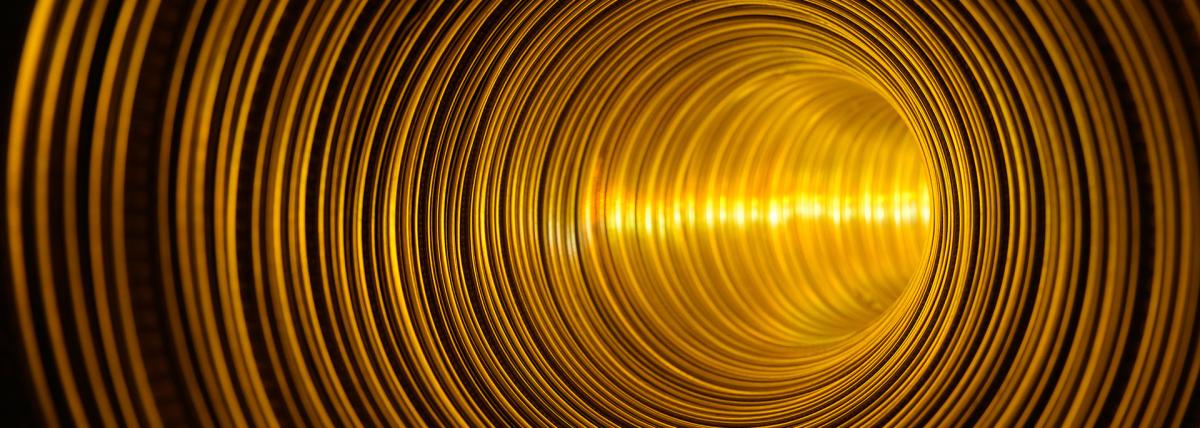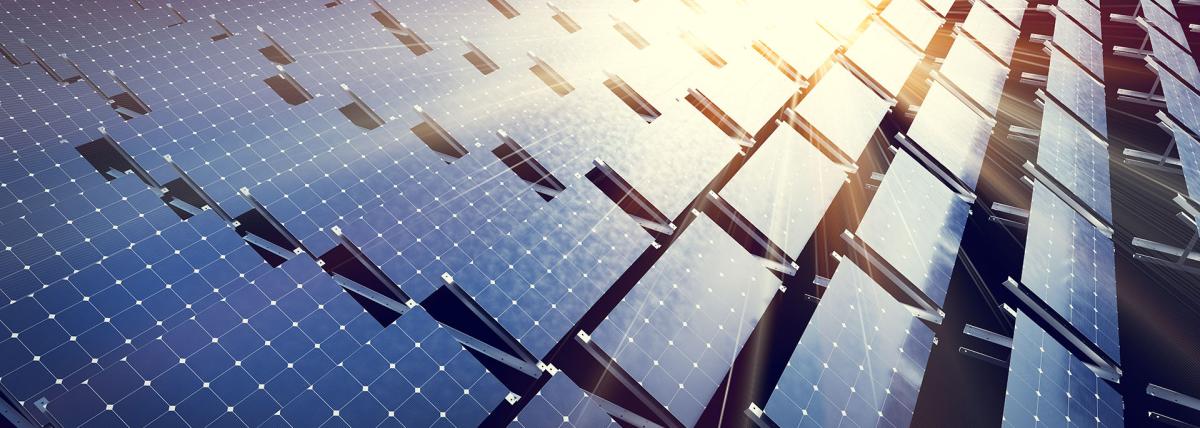
Space Farming
by Shauna Hamman
In this lesson, students will be learning about the challenges of farming in space for future settlements. Specifically they will focus on the difficulty of testing whether plants will grow in soil that doesn't exist on Earth.
They will participate in a design challenge where they design a seed starting tray with the smallest possible amount of soil (to mimic the real-life challenge of experimenting with growing plants in the extremely limited amount of lunar soil that was brought back from the Apollo missions).
The lesson lists a variety of suggested materials for the lesson. It is anticipated that the lesson and design challenge would take 2 days, plus about 10 days to record observations and results.
Lesson Grade Level
6th GradeLesson Plan Link/URL
https://docs.google.com/presentation/d/1EzNT1PpY4HJEjS1SG52eQbD6QHzdI06ZHtO7C-B…Subject Area
Science Earth and Space Science E2: Earth & the Universe Life Science L2: Organisms & Energy Technology 4. Innovative Designer Engineering S2: Apply the Engineering Design Process Mathematics Measurement and Data (MD) Ratio and Proportion (RP) Statistics and Probability (SP)
Featured
Off
Related Content

Grades:
7th Grade
The purpose of this project is to provide students with a hands-on learning experience that combines the study of human body systems with engineering principles. By investigating the interaction

Grades:
5th Grade, 6th Grade
This is a lesson plan made to target the fifith grade standard on how noncontact forces impact one another. It can be adapted to grades 5-12. Students will explore magnetism and polarization, research

Grades:
4th Grade, 5th Grade, 6th Grade, 7th Grade, 8th Grade
Lesson "Phoenix Reimagined: From Sun City to Solar City" ensures that students engage in age-appropriate, hands-on learning experiences that promote understanding of solar energy and its applications